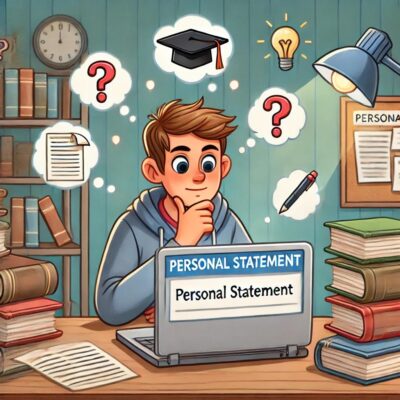Securing Letters of Recommendation as an International Applicant
Securing a strong letter of recommendation is a crucial part of your graduate school application. Having a personal, third-party assessment of you provides depth to your application and a more granular look at who you...







